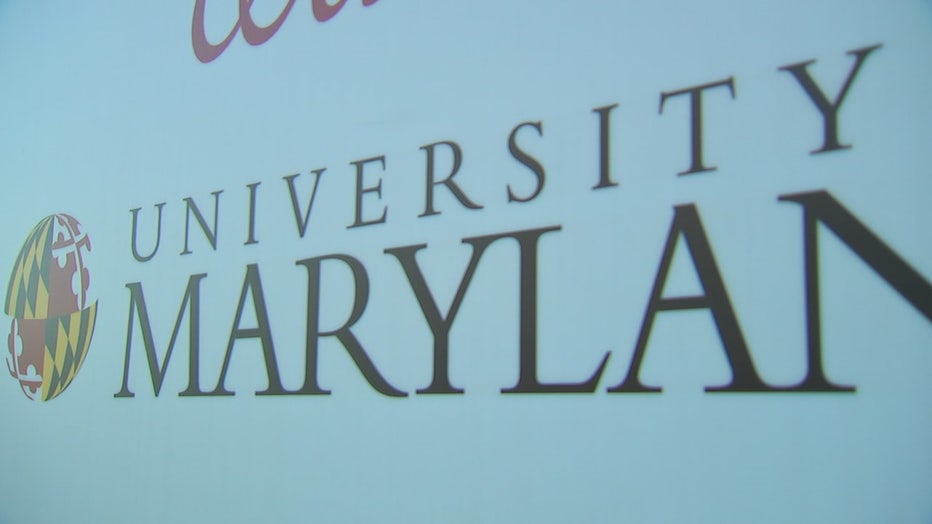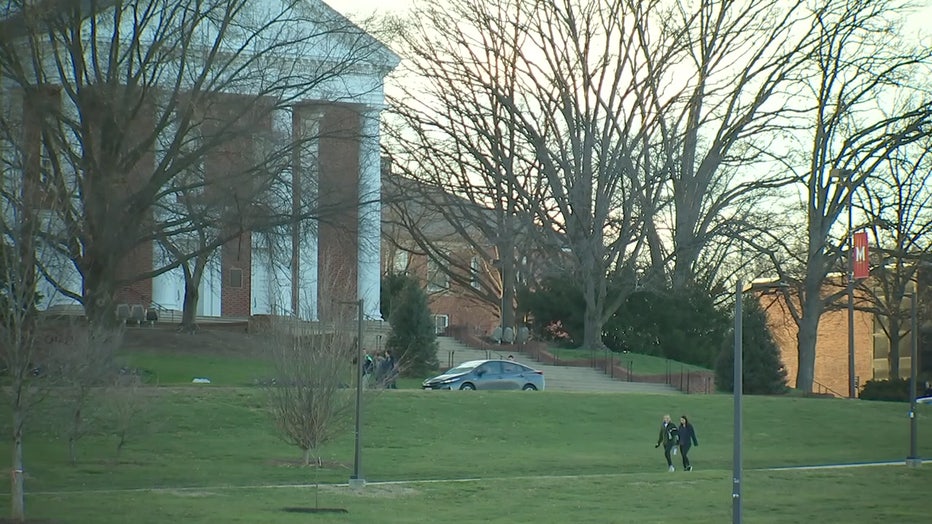University of Maryland to implement recommendations for improving public safety, community policing
COLLEGE PARK, Md. - The University of Maryland is making changes to move toward a more collaborative and trusting partnerships between public safety officials and the university community, officials say.
University President Darryll Pines released the recommendations of a Community Policing Task Force this week.

Download the FOX 5 DC News App for Local Breaking News and Weather
Pines said after reviewing the report from the Task Force, the university will begin implementation of the recommendations – some of which have been long-standing practices and others that were recently adopted.
SUBSCRIBE TO FOX 5 DC ON YOUTUBE
Here's the list of recommendations:
General Campus and Community Recommendations
1. Engage mental health personnel to serve as first responders for mental health calls;
2. Establish equitable, transparent and explicit policy, practices and guidelines regarding security at campus events;
3. Develop a Memorandum of Understanding between the Division of Student Affairs and the Department of Public Safety (DPS) to develop a student-centered approach to policing;
4. Enhance and more fully implement existing community policing programs;
5. Continue DPS meetings with its student advisory committee on a regular basis;
6. Continue regular and ongoing diversity training for police officers;
7. Establish a program of restorative and transformative justice to establish safety and community in the face of different kinds of harm;
8. Revise the DPS mission statement to align more closely with the mission of the university;

Recommendations for Police Training, Policies and Practices
1. Continue to conduct annual in-service training for all DPS officers on de-escalation, anti-discrimination, anti-retaliation, anti-harrassment, use of force, implicit bias, equity, diversity and inclusion;
2. Continue to require mental health screenings for all police officers prior to hiring;
3. Continue training DPS personnel on appropriate defensive tactics;
4. Create and maintain coordinated protocols for cross-jurisdictional incidents with Prince George's County, Riverdale Park and Maryland Park and Planning;
5. Review the use of tasers, non-lethal weapons and increase the use of non-sworn staff for routine patrols;
6. Review current DPS procedures for reporting departmental statistics and implement a website that allows public access to this data;
7. Implement DPS policy and procedures to ensure better publicity of departmental resources and reports;
8. Review DPS modes of notifying campus and community members about on- and off-campus incidents;
9. Review the number of blue light cameras and off-campus lighting;
10. Publicly report contracts and other agreements DPS has with Prince George's County and other police departments;
11. Create a program to bolster communication and knowledge between DPS and the campus community, explore opportunities for this to be a for-credit program;
12. Consider developing contracts for temporary assignments for DPS officers with outside agencies to promote professional development; and
13. Implement a policy for uniform business cards for all DPS personnel to include resources for registering complaints or compliments.

Pines said he has chosen to modify the implementation of two Task Force recommendations – the establishment of an independent Office of Community Safety and a new Policing Review Board.
Instead, Pines said he will establish a Campus Safety Advisory Council.

